Shares of companies involved in the artificial intelligence sector have been experiencing a significant decline in recent weeks, sparking concerns about the potential for an AI bubble to burst. However, experts argue that while the industry is showing warning signs, it is not yet a bubble.
According to a framework developed by analyst Mike Amabile, the AI industry is currently operating in a "cautious" phase, characterized by high levels of investment and innovation, but also increasing stressors such as regulatory scrutiny and talent shortages. Amabile's framework measures key industry stressors on a scale of safe, cautious, or dangerous, and he believes that the current state of the AI industry falls into the cautious category.
"We're seeing a lot of investment in AI, but also a lot of caution," Amabile said in an interview. "Companies are being more careful about how they're investing in AI, and they're also being more careful about how they're using it." Amabile's framework takes into account factors such as the number of AI-related patents filed, the amount of venture capital invested in AI startups, and the number of AI-related job openings.
The decline in AI stocks has been attributed to a number of factors, including concerns about the potential for AI to displace human workers and the increasing regulatory scrutiny of the industry. However, experts argue that the decline is also a natural part of the AI industry's growth cycle.
"AI is a rapidly evolving field, and it's natural for there to be ups and downs along the way," said Dr. Kate Darling, a researcher at the Massachusetts Institute of Technology. "The key is to focus on the long-term potential of AI, rather than getting caught up in short-term market fluctuations."
The AI industry has been experiencing rapid growth in recent years, driven by advances in machine learning and natural language processing. However, this growth has also led to concerns about the potential for AI to exacerbate existing social and economic inequalities.
"The AI industry has the potential to be a major driver of economic growth and innovation, but it also has the potential to exacerbate existing inequalities," said Dr. Darling. "It's essential that we focus on developing AI in a way that is equitable and accessible to all."
In recent weeks, Microsoft has made significant strides in the AI industry, announcing plans to connect its U.S. datacenters into the first AI superfactory. The superfactory will use a combination of machine learning and natural language processing to enable faster and more efficient AI development.
The development of the AI superfactory is seen as a major milestone in the industry, and it is expected to have significant implications for the development of AI in the coming years.
As the AI industry continues to evolve, experts are warning about the potential risks of "shadow AI" systems, which are AI systems that operate behind the scenes without human oversight. These systems can be used to manipulate public opinion, spread disinformation, and engage in other malicious activities.
"The risk of shadow AI is a major concern, and it's essential that we take steps to mitigate it," said Dr. Darling. "We need to develop AI in a way that is transparent and accountable, and that prioritizes human values and well-being."
In conclusion, while the AI industry is showing warning signs, it is not yet a bubble. Experts argue that the industry is operating in a cautious phase, characterized by high levels of investment and innovation, but also increasing stressors such as regulatory scrutiny and talent shortages. As the industry continues to evolve, it is essential that we focus on developing AI in a way that is equitable, accessible, and transparent.
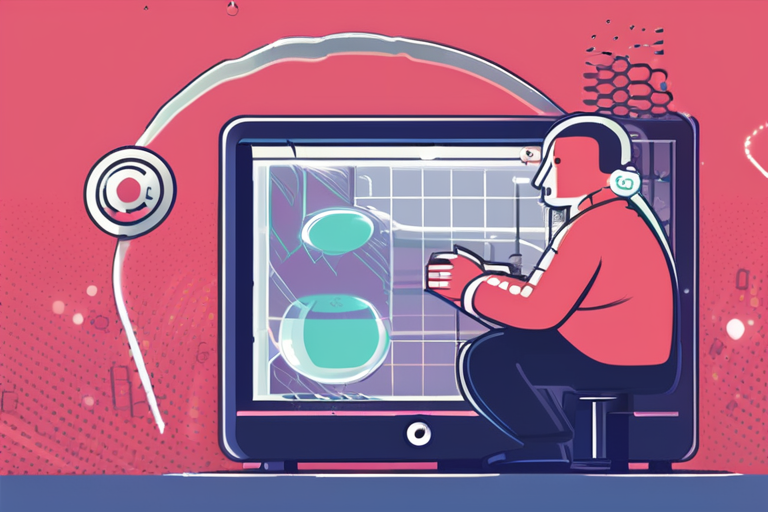


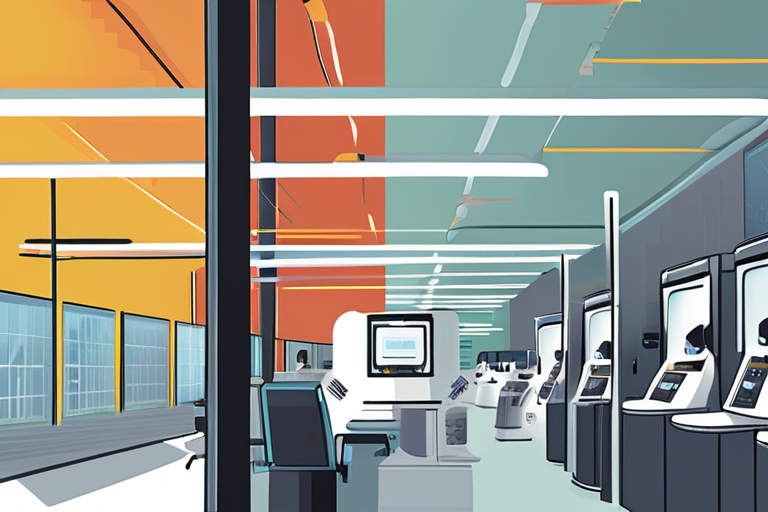
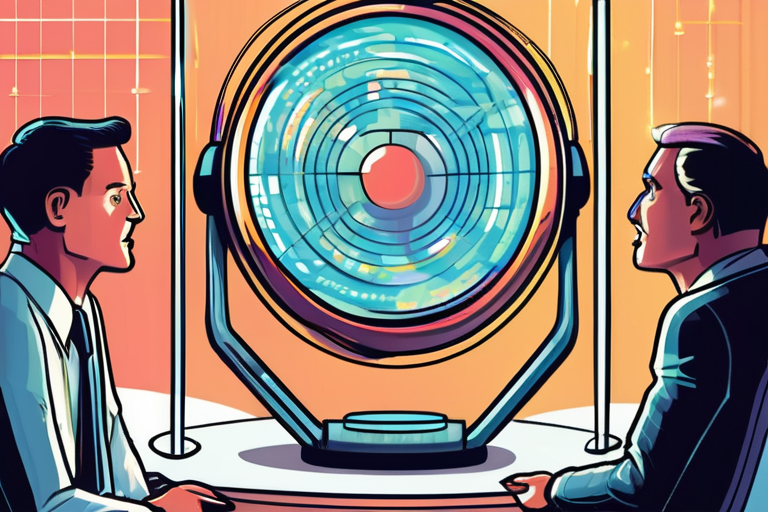
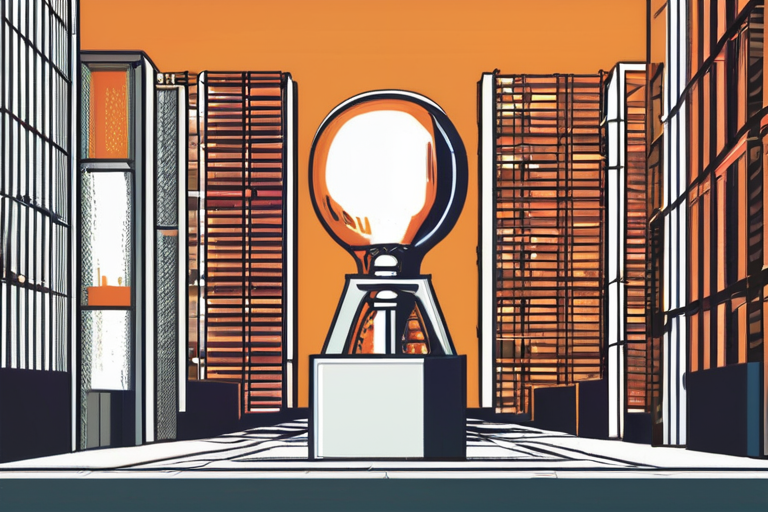

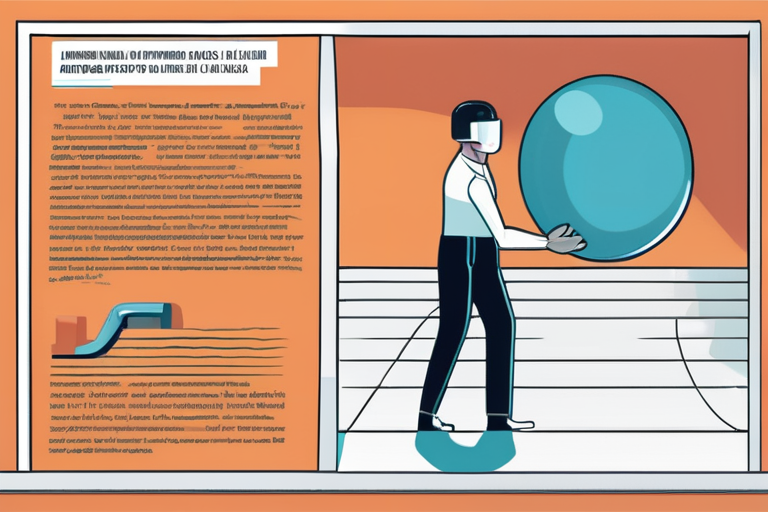
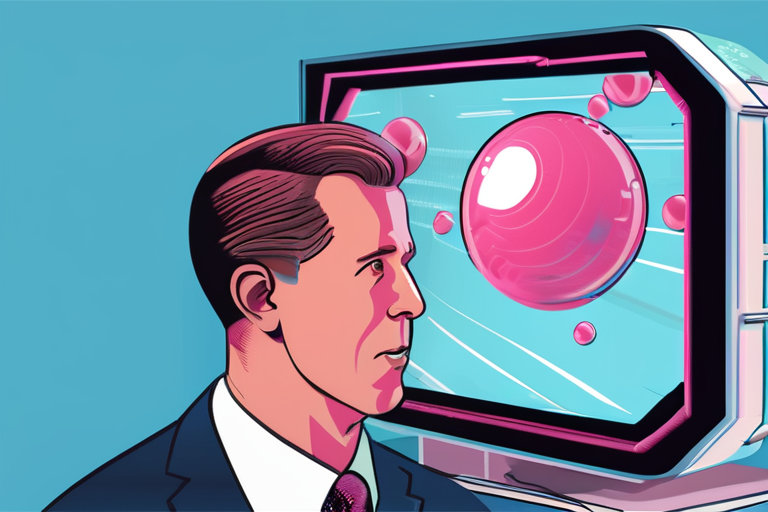
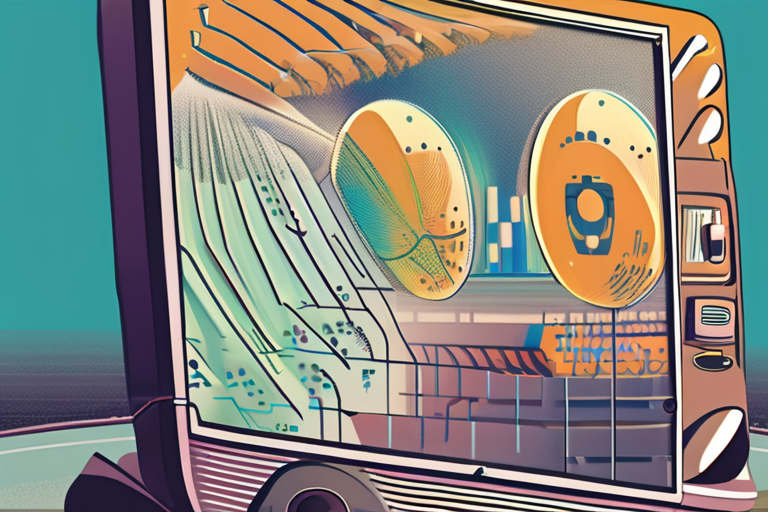
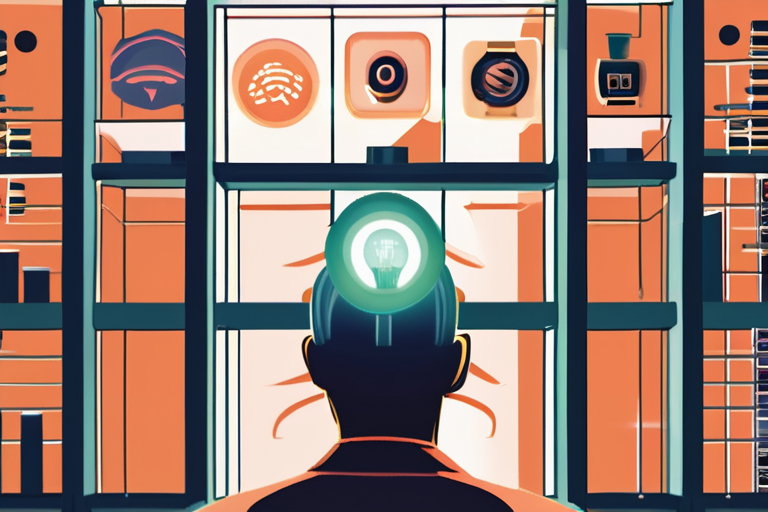

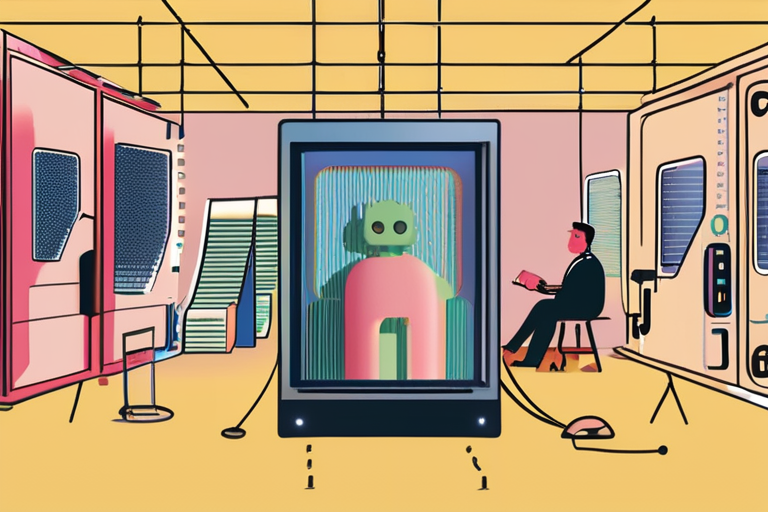
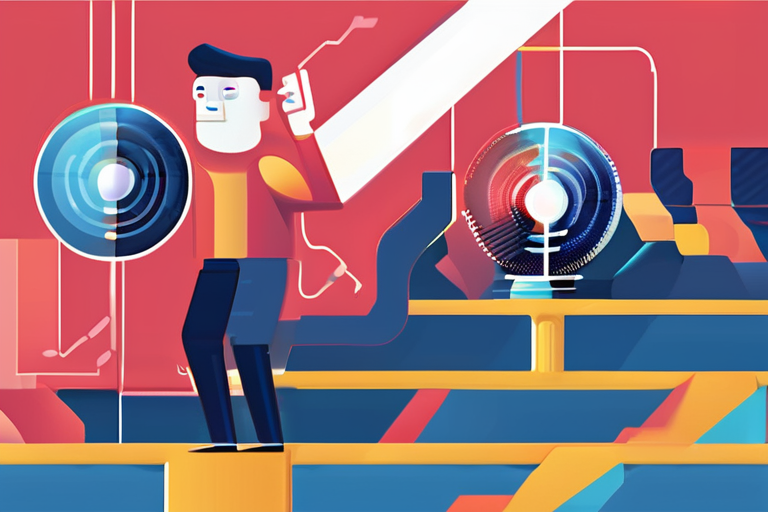
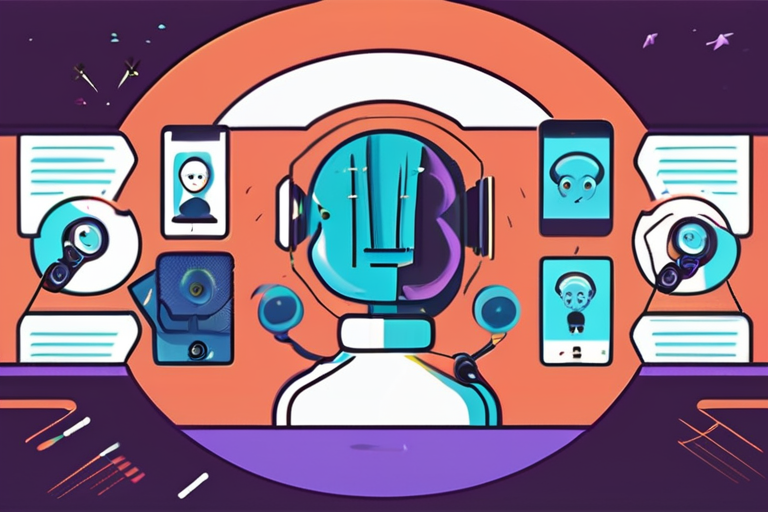
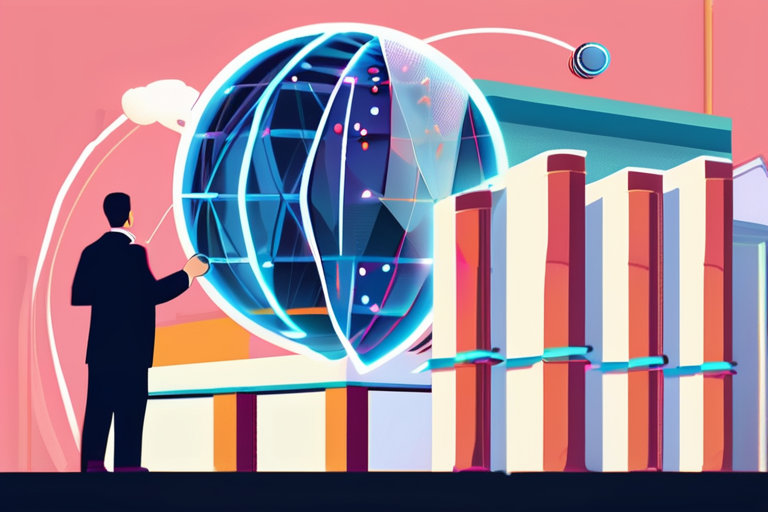

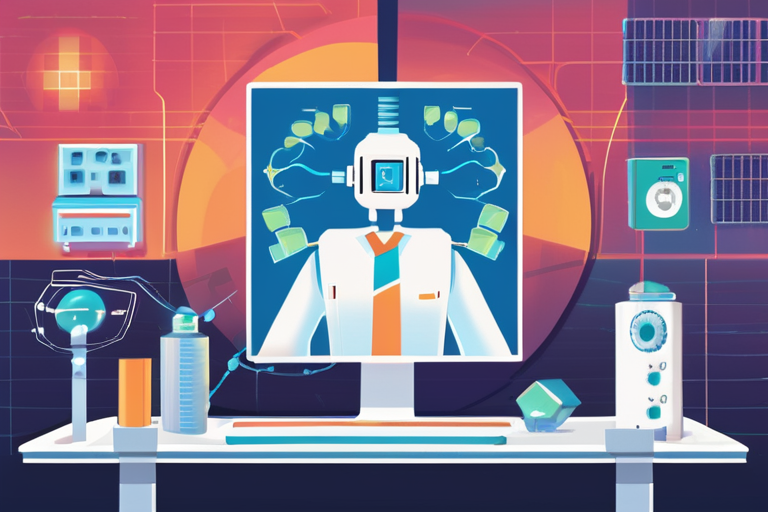
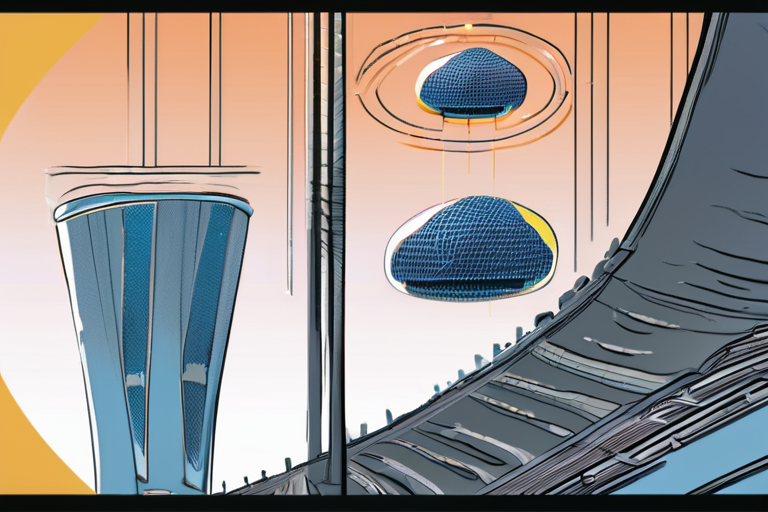
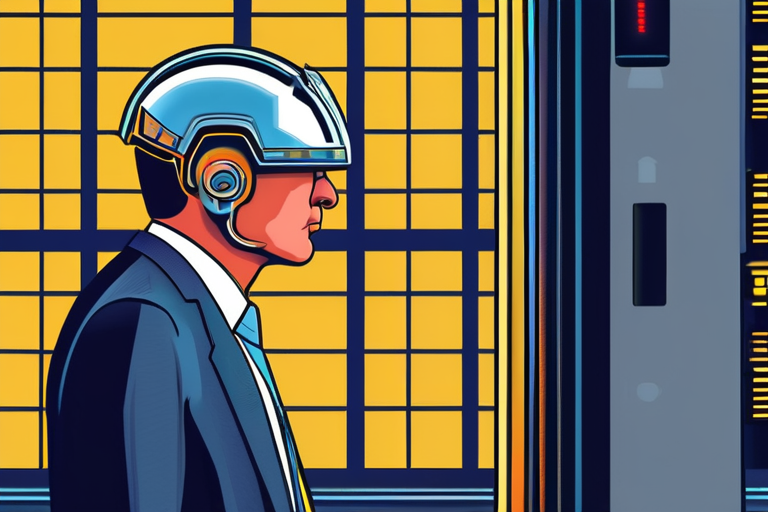

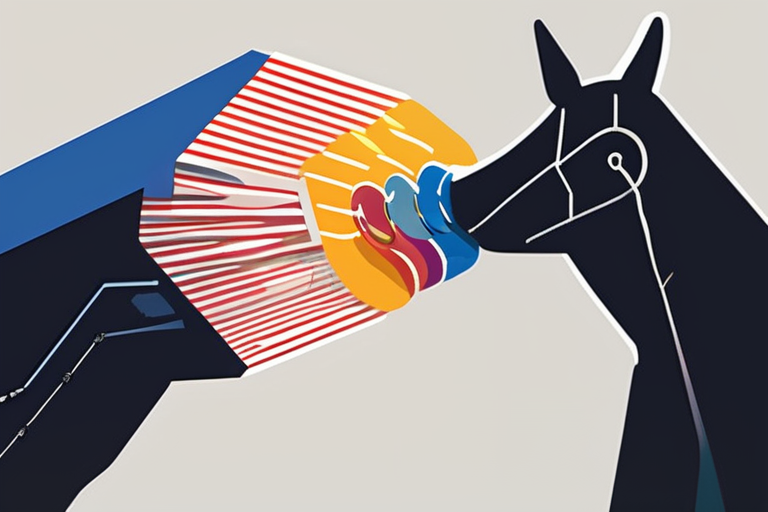
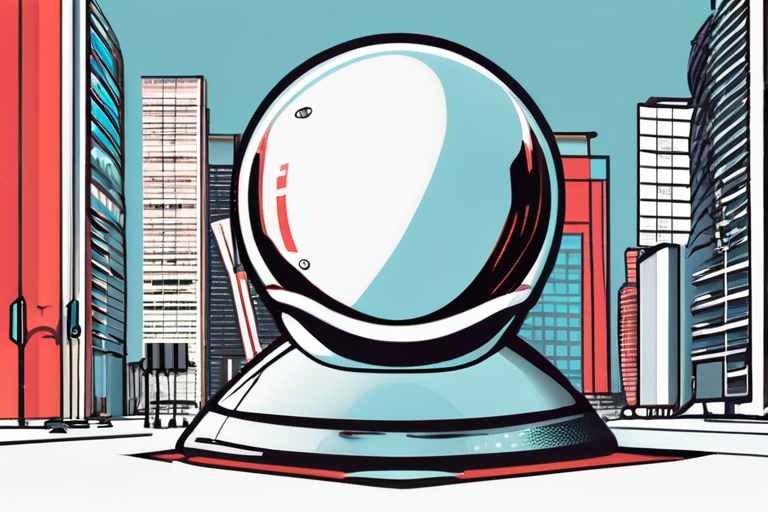
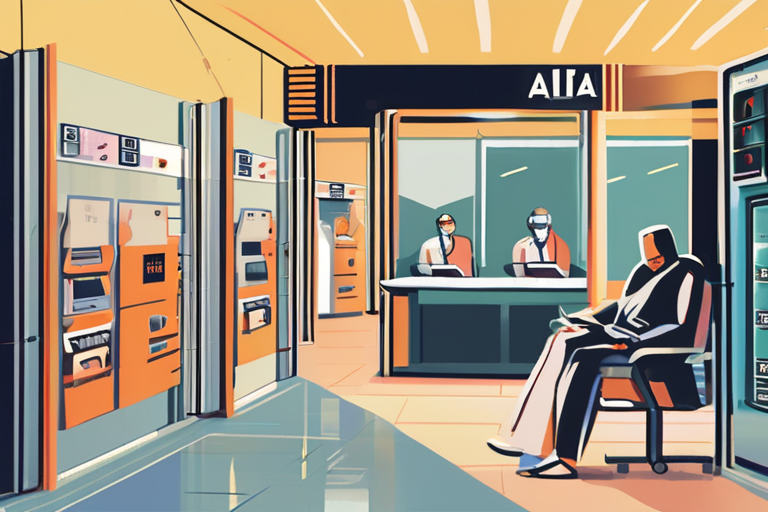
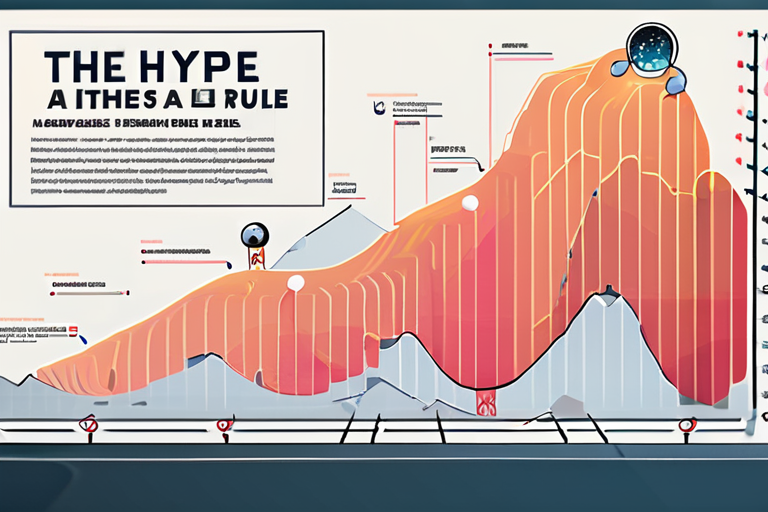
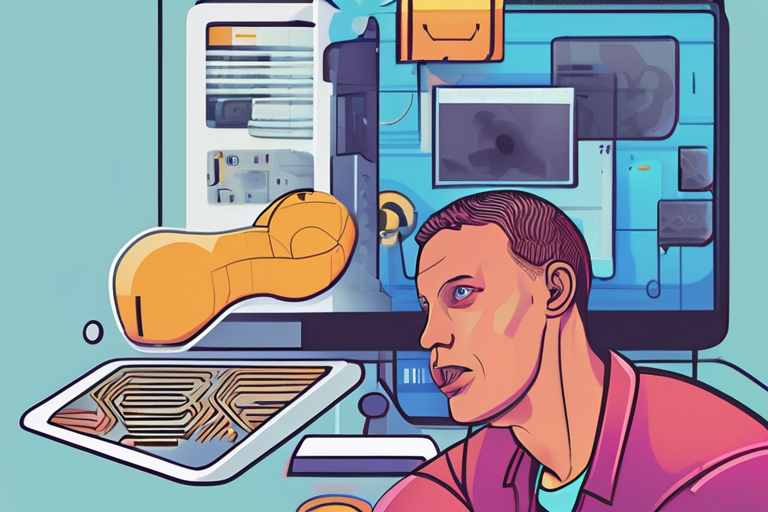

Share & Engage Share
Share this article